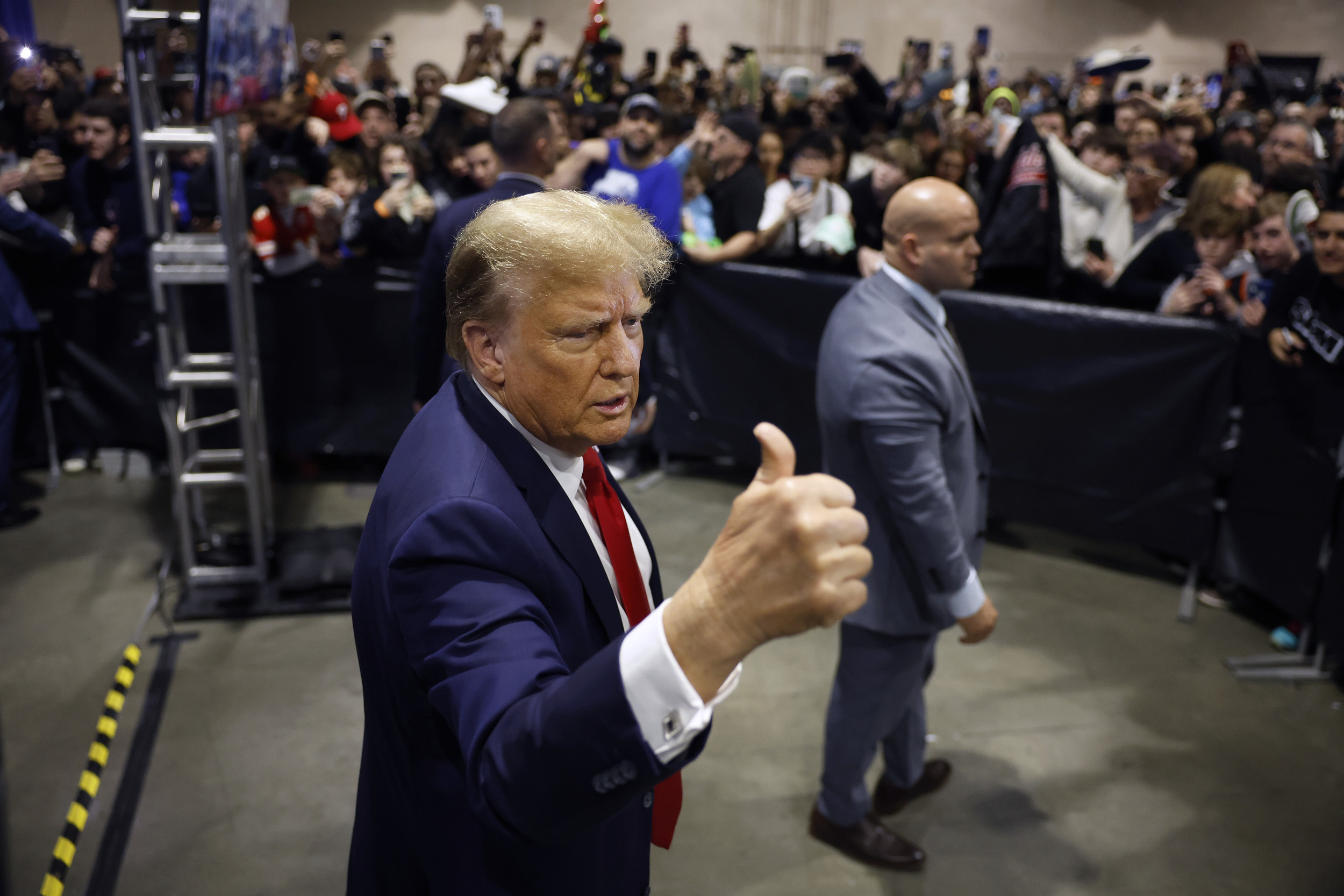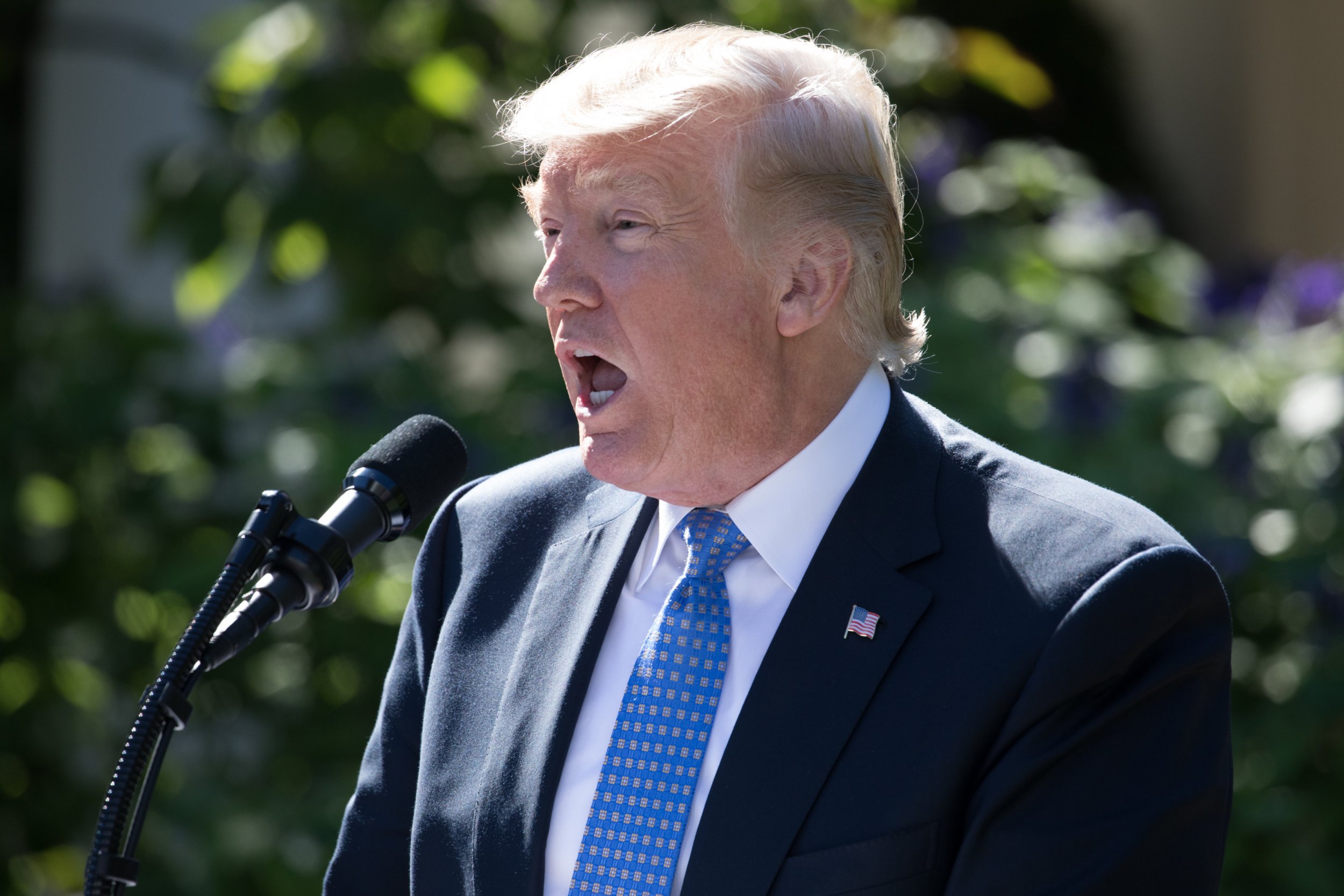
Tuesday marked a historic day in the battle against the Islamic State militant group (ISIS), as U.S.-backed Kurdish and Arab fighters claimed to have liberated the Syrian city of Raqqa, the group's headquarters since 2014.
And President Donald Trump wanted in on the action, claiming that the fact ISIS was on the run could be largely attributed to one factor: His presidency.
"It had to do with the people I put in and it had to do with rules of engagement," said Trump in a Tuesday interview on The Chris Plante Show, when asked why ISIS was in retreat. "We weren't fighting to win [before Trump came to office], we were fighting to be politically correct."
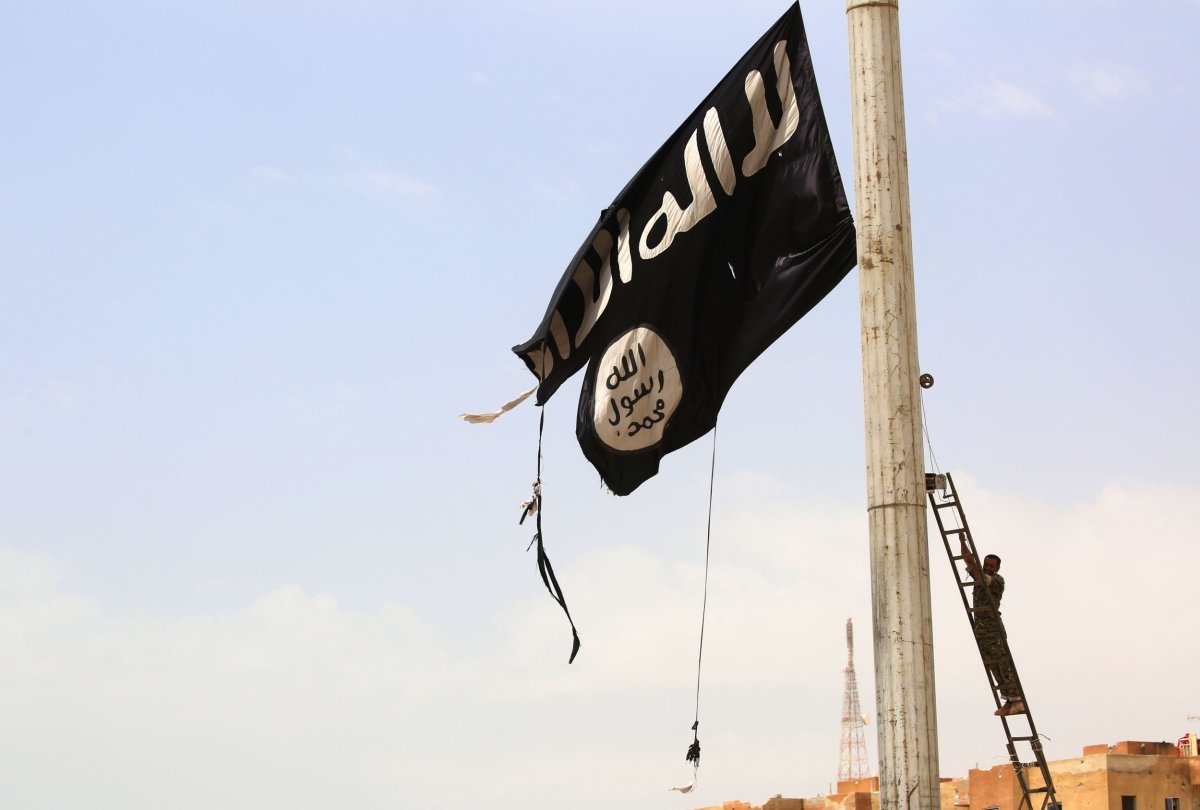
Trump said that he had changed the rules of engagement and devolved more power to his generals, resulting in a more effective and efficient military strategy.
"The White House used to get calls, 'Can we do this? Can we do that?' to places and in places that they'd never even heard of. And by the time they'd got back a week and two and three weeks later, there was no fight left, OK. It was ridiculous.
"So I totally changed the rules of engagement, I totally changed our military, I totally changed the attitudes of the military and they have done a fantastic job," said Trump. "ISIS is now giving up, they're giving up, they're raising their hands, they're walking off—nobody's ever seen that before."
And why didn't ISIS surrender before? "Because you didn't have Trump as your president," he concluded.
Newsweek assessed Trump's claims and considered how much credit the U.S. president can really take for what appears to be the crumbling of the ISIS caliphate.
Did Trump change the rules of engagement?
Trump has made a point of vesting military authority in his generals, especially Defense Secretary Jim Mattis, and relinquishing some of the warfighting capabilities previously left to the president's discretion—such as giving Mattis the discretion to raise troop levels in Iraq and Syria.
After the United States dropped the so-called "mother of all bombs" on suspected ISIS forces in Afghanistan, Trump said he was "very proud' of the military and described his hands-off approach. "What I do is I authorize my military. We have the greatest military in the world and they've done a job as usual. We have given them total authorization and that's what they're doing. Frankly, that's why they've been so successful lately."
Former President Barack Obama was famously a micromanager of the military, and the difference between the two presidents' approaches was encapsulated in an anecdote told by Republican Senator Lindsey Graham and reported in The Washingtonian. Graham relayed a phone call between Mattis and Trump, where the defense secretary asked for permission to send 50 U.S. soldiers to a village outside Raqqa.
"Why are you calling me?" said Trump. "I don't know where this village is at." Mattis replied: "Well, that's what we've done for the last eight years." Trump then asked Mattis who wanted to send troops into the village. "A major, first in his class at West Point," Mattis replied. "Why do you think I know more about that than he does?" Trump replied, according to Graham, before hanging up.
Did Trump change the attitudes of the military?
Trump's change in approach has been praised by Mattis and other generals, who say it has allowed them to take the fight to ISIS without waiting on approval from the White House. "No longer will we have slowed decision cycles because Washington, D.C. has to authorize tactical movements on the ground," said Mattis at a Pentagon press conference in May. Brett McGurk, the Special Presidential Envoy for the Global Coalition to Counter ISIS, said at the same conference that being able to make decisions on the ground—and not waiting for Washington—had "made a difference" in the fight against ISIS.
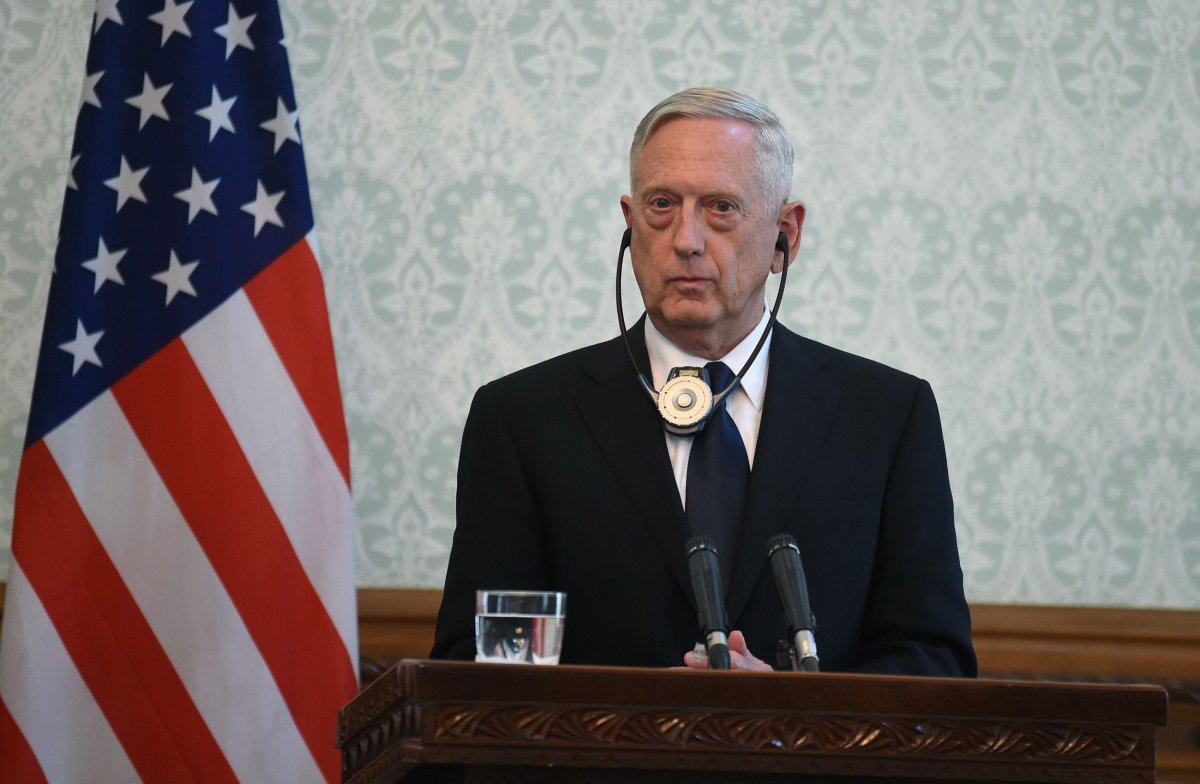
Read more: U.S.-backed forces have liberated Raqqa from ISIS—now what?
The White House has made several significant military moves since Trump came to office. The president proposed a 10 percent increase in the military budget to $54 billion; Trump authorized unilateral strikes against Syrian forces of President Bashar al-Assad; and the president announced the deployment of more U.S. forces to Afghanistan. And military veterans have remained among the president's strongest supporters: A May poll by the Pew Research Center found that 54 percent of vets approved of Trump's job so far, ahead of 39 percent of the general population.
But other decisions—notably Trump's decision to bar transgender people from serving in the military—have been met with rebuke. Top military officials have spoken out against the ban, which is being challenged by 15 Democratic attorney generals.
Have U.S. forces been successful in fighting ISIS under Trump?
Perhaps the two most symbolic victories against ISIS have occurred while Trump has been in office: the retaking of the Iraqi city of Mosul in July, and now the liberation of Raqqa. U.S. officials have also claimed that the recapturing of ISIS-held territory has accelerated under Trump. Special Presidential Envoy McGurk—who held the same role in the Obama administration—said that of the 27,000 square miles of territory in Iraq and Syria reclaimed from ISIS since 2014, around 8,000 square miles have been retaken under Trump's watch.
But some commentators have claimed that Trump is simply reaping the benefits of the hard graft put in by the former administration. The battle for Mosul, for example, commenced in October 2016 and lasted for nine months: Iraqi forces had liberated the whole of eastern Mosul by January 24—four days into Trump's presidency—with the remaining six months consisting of a gruelling slog for the Old City.
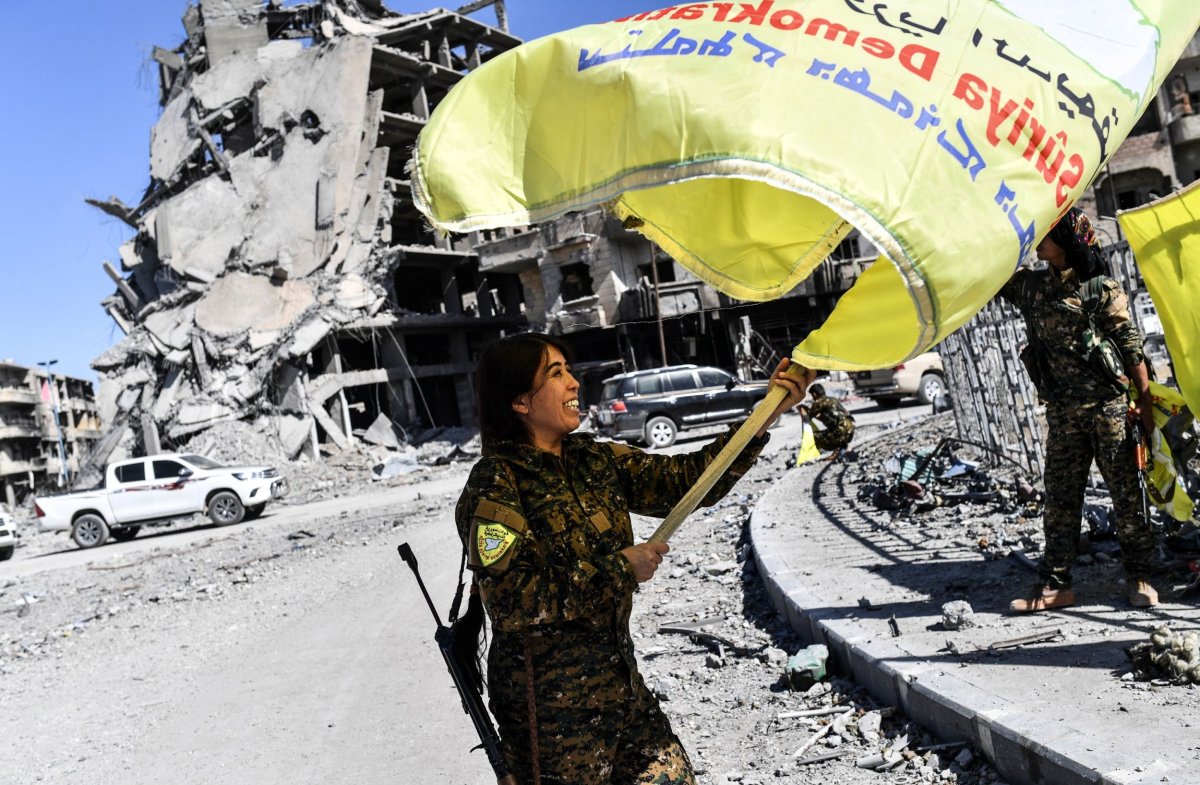
And the most glaring omission from Trump's comments on Tuesday was acknowledgement of the role of local forces in the fight against ISIS. In Raqqa, the fighting has been led by the Syrian Democratic Forces (SDF), a mixture of Arab and Kurdish fighters. The SDF has been backed by U.S. airpower and occasionally accompanied by U.S. advisers, but has suffered the consequences of leading the fight against ISIS at the heart of its caliphate, with hundreds of casualties.
Conclusion
President Trump's claim that he "changed the rules of engagement" appears to have some support among military figures, who have expressed appreciation of greater leeway and authority in directing anti-ISIS operations. But Trump failed to recognize that he is building upon foundations established long before he came to office and, perhaps most pertinently, failed to recognize the overwhelming contribution made by local forces in ousting ISIS from its former capital.
Uncommon Knowledge
Newsweek is committed to challenging conventional wisdom and finding connections in the search for common ground.
Newsweek is committed to challenging conventional wisdom and finding connections in the search for common ground.
About the writer
Conor is a staff writer for Newsweek covering Africa, with a focus on Nigeria, security and conflict.
To read how Newsweek uses AI as a newsroom tool, Click here.





